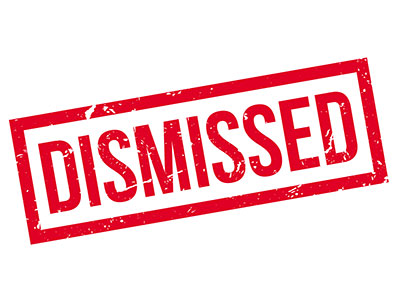As two recent cases show, how one pleads its case under the Defend Trade Secrets Act can be the difference between whether “aloha” means hello or goodbye to federal jurisdiction.
A district court in Hawaii recently dismissed a plaintiff’s claim under the DTSA because it failed to establish subject matter jurisdiction. In that case, DLMC, Inc., a health care service provider for elderly and infirm residents of Hawaii, accused a former employee of stealing client lists. The cause of action under the DTSA was the only federal claim in the complaint and, therefore, the only basis for federal jurisdiction. However, to plead a cause of action under the DTSA, the trade secret must be “related to a product or service used in, or intended for use in, interstate or foreign commerce.” The only argument DLMC made as to this required nexus was that its clients “have federal patient identification numbers so as to allow for their receipt of federal funds for the services provided to them by [DLMC].” DLMC also argued that because it was an entity whose very existence relies on and is conditioned upon federal application, certification and approval,” its services “are subject to federal law….” Neither of these arguments persuaded the court as they both failed to show whether and how the alleged trade secrets themselves (as opposed to DLMC’s business generally) related to interstate commerce. The court granted defendants’ motion to dismiss, however, with leave for DLMC to amend its complaint to allege a DTSA (or other federal) claim. READ MORE











